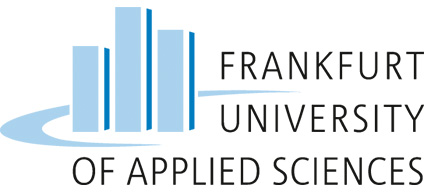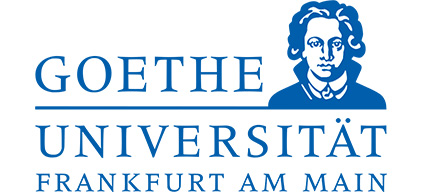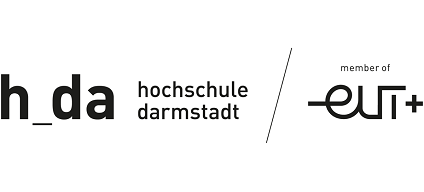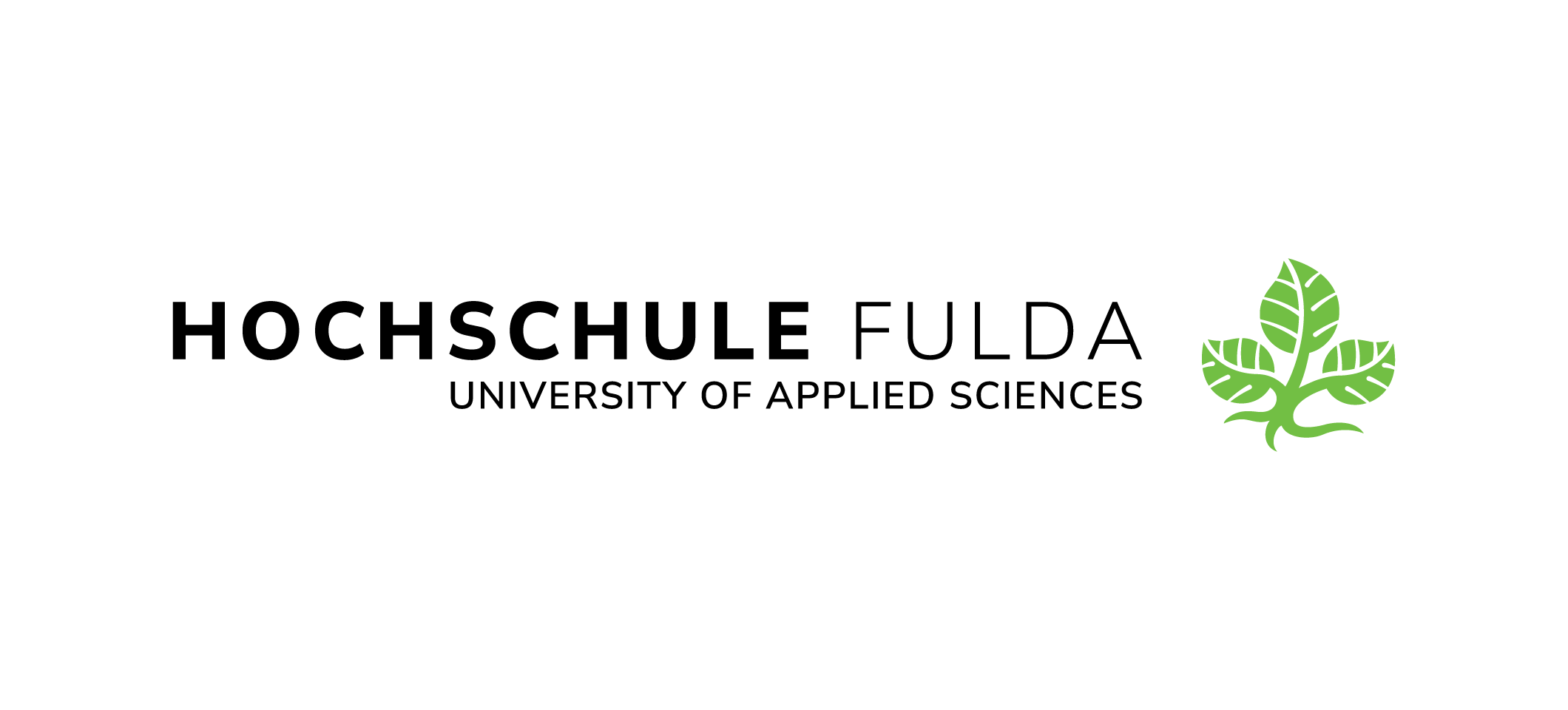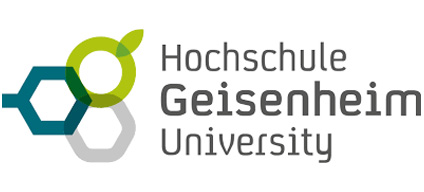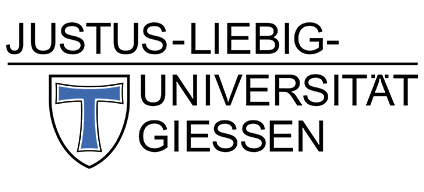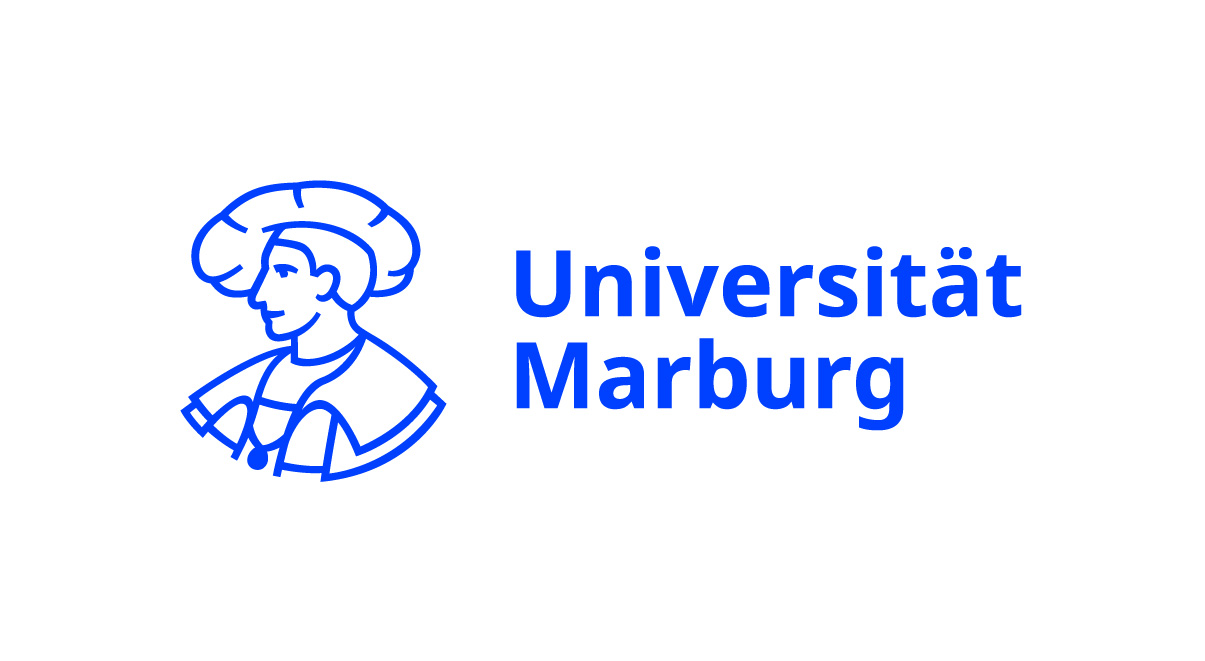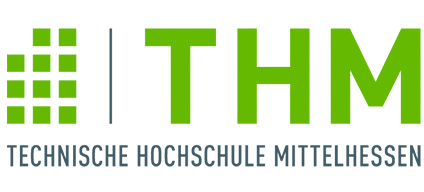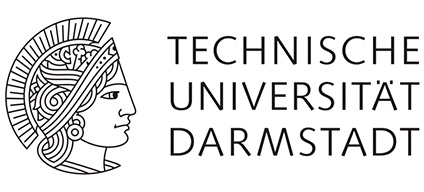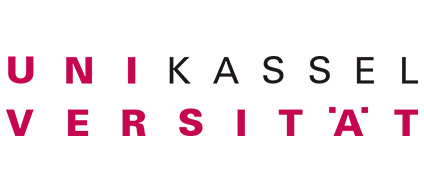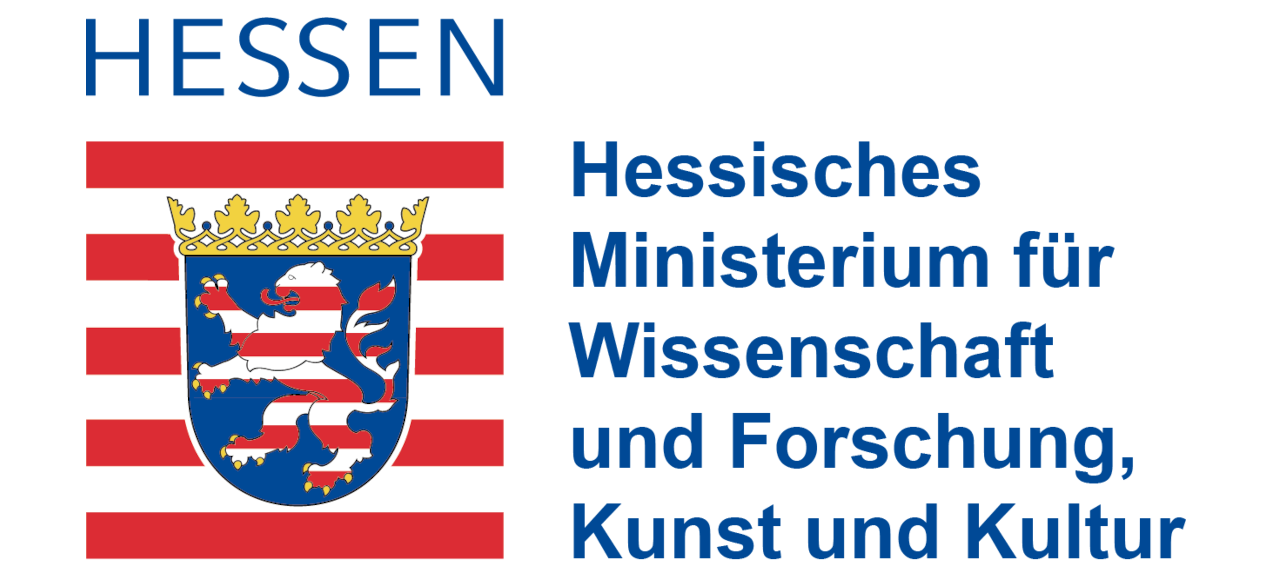23.04.2023 HeFDI Data Week 14-16 June 2023

HeFDI Data Week 14-16 June 2023
Goals
Programme
Talk descriptions
Registration
Goals
Leading up to the nationwide “Digitaltag” on 16 June 2023, we invite you to join us for HeFDI Data Week 2023. This three-day online event is aimed at researchers, educators, students, and anyone interested in learning more about research data in our digital age.
Making research data publicly available is an important way to strengthen the use of research results and digital participation. The volume and complexity of research data continues to increase, making it essential to develop skills and competencies to effectively manage, process and share this data.
Over the course of three days, we will be covering various themes related to research data. The first day will focus on data management and FAIR data principles, providing participants with a foundational understanding of best practices for handling research data. The second day will centre on data and coding competencies, exploring the intersection between coding skills and data management. Finally on day three, we will be delving into electronic lab notebooks, providing participants with insight into this increasingly popular tool for managing laboratory data.
Participation in the HeFDI Data Week is free of charge.
Programme
Changes to the programme may occur at short notice, please check this site for updates shortly before the events. See talk descriptions below.
The language of the individual event can be found in brackets next to the title (DE=German, EN=English).
|
Time |
Wednesday, 14 June |
Thursday, 15 June |
Friday, 16 June |
|---|---|---|---|
|
8h30-9h45 |
Introduction to Data Management (DE) Dr. Thomas Richter, Hochschule Fulda |
An Introduction to Markdown and a few Examples of the Areas in which it can be used (DE) Andre Pietsch, Justus-Liebig-Universität Gießen |
Introduction to Electronic Lab Books (DE) Hüseyin Uzun, Goethe Universität Frankfurt |
|
9h45-10h00 |
Coffee Break |
Coffee Break |
Coffee Break |
|
10h00-11h15 |
Data Management Plans for Research Projects: Practical Tips and Best Practices (DE) Dr. Sabrina Jordan, Universitätsbibliothek Kassel |
Versioning using Git and GitLab (DE) Dr. Christian Berger, Philipps-Universität Marburg |
elabFTW Use Case Molecular Biology Laboratory (DE) Dr. Denise Haslinger & Prof. Andreas Chiocchetti, Universitätsklinikum Frankfurt |
|
11h15-11h30 |
Coffee Break |
Coffee Break |
Coffee Break |
|
11h30-12h45 |
Publication of Research Data (DE) Dr. Judith Dähne, Hochschul- und Landesbibliothek RheinMain/ Hochschule RheinMain |
An Introduction to Statistical Programming with Python (DE) Johannes Keyser & Amalaswintha Leh, Justus-Liebig-Universität |
Chemotion - An Introduction to an Open-Source ELN for FAIR Data (EN) Dr. John Jolliffe, NFDI4Chem |
|
12h45-13h30 |
Lunch Break |
Lunch Break |
Lunch Break |
|
13h30-14h45 |
Legal Issues Regarding Research Data (DE) Patrick Langner, Hochschule Fulda |
Machine Learning - Introduction and Examples from Practice (DE) Patrick Blauth, Patrick Diem, Perpetue Kuete Tiayo, Hessian.AI |
Extension of openBIS: Encryption and Workflow Integration (DE) Jannis Hochmuth & Dr. Frank Förster, Justus-Liebig-Universität Gießen |
Talk Descriptions
Please find Talk Descriptions in German on the overview of "Digitaltag" events of the Digitalpakt projects.
Talks on Wednesday, 14 June: Data Management and FAIR Data Principles
Chair: Robert Werth, Frankfurt University of Applied Sciences
8h30-9h45: Introduction to Data Management (DE)
In our "Introduction to Research Data Management" we show how your research can benefit from professional research data management (FDM). FDM can be used to live a significant part of good scientific practice. We address the range of options for making data Findable, Accessible, Interoperable, and Reusable (FAIR). In addition to the reasons for and benefits of FDM and good scientific practice, we will also discuss the research data lifecycle and the FAIR and CARE criteria.
The talk will be held in German.
Speaker: Dr. Thomas Richter, Hochschule Fulda
Moderator: Dr. Sabrina Jordan, Universitätsbibliothek Kassel10h00-11h15: Data Management Plans for Research Projects: Practical Tips and Best Practices (DE)
A data management plan (DMP) is crucial for any research project. Among other things, it helps to organise research data effectively, minimise the risk of data loss and meet the requirements of funding organisations. In this session, you will learn how to create a comprehensive plan that meets your specific needs. To do this, we present the most important components of a DMP, best practices and tools such as the Research Data Management Organiser (RDMO).
The talk will be held in German.
Speaker: Dr. Sabrina Jordan, Universitätsbibliothek Kassel
Moderator: Robert Werth, Frankfurt University of Applied Sciences11h30-12h45: Publication of Research Data (DE)
Data the new gold - or even more valuable? First of all, someone has to find out about your research data! What to do with your data even after the end of the project is the topic of this online session. In detail, it will deal with the questions: What does data publication mean? How and where can data be published and what needs to be considered? You will gain practical insights through the exemplary presentation of a data repository.
The talk will be held in German.
Speaker: Dr. Judith Dähne, Hochschul- und Landesbibliothek RheinMain/ Hochschule RheinMain
Moderator: Dr. Laura Rodríguez, Hochschule Geisenheim University13h30-14h45: Legal issues regarding research data (DE)
The handling of digital research data is often affected by legal issues. The lecture will focus on the requirements of data protection and, in particular, on the associated challenges of data security in the handling of (sensitive) personal data. What are the researcher's key obligations when handling personal data? What basic measures are necessary when working with personal data? Where can I store my research data before and after anonymisation or pseudonymisation? What do I need to know about using cloud-based services (e.g. OneDrive, OneNote, Hessenbox)?
The talk will be held in German.
Speaker: Patrick Langner, Hochschule Fulda
Moderator: Dr. Thomas Richter, Hochschule Fulda
Talks on Thursday, 15 June: Data and Coding Competencies
Chair: Andre Pietsch, Justus-Liebig-Universität; Andreas Schieberle, hochschule Darmstadt & Andreas Geißner, TU Darmstadt
8h30-9h45: An Introduction to Markdown and a few Examples of the Areas in which it can be used (DE)
The talk is intended to give a first insight into the simple but very universally usable "Markdown" language. Although Markdown is only peripherally related to coding, it is used in many places for code documentation and can also be used, for example, in conjunction with the Markdown-based diagramming and charting tool "Mermaid" to outline planning processes in plain text files. Furthermore, it is a prerequisite in tools such as "GitLab" or "JupyterNotebooks" or is frequently used there, which is why an overview of this simple markup language and its areas of application can be useful for dealing with the actual code later on.
The talk will be held in German.
Speaker & Moderator: Andre Pietsch, Justus-Liebig-Universität10h00-11h15: Versioning using Git and GitLab (DE)
Versioning of data generates long-term traceability of changes as well as advantages in collaborative work. This talk presents how, motivated by the basic principles of versioning, tools such as Git and GitLab can contribute to sustainable data management.
The talk will be held in German.
Speaker: Dr. Christian Berger, Philipps-Universität Marburg
Moderator: Andre Pietsch, Justus-Liebig-Universität11h30-12h45: An introduction to statistical programming with Python (DE)
This talk gives an overview and introduction to scientific data analysis with Python. The focus lies on data visualisation as well as descriptive and inferential statistical methods using different Python modules.
No previous knowledge of programming or statistics is required, especially beginners are welcome.
The talk will be held in German.
Speaker: Johannes Keyser & Amalaswintha Leh, Justus-Liebig-Universität
Moderator: Andre Pietsch, Justus-Liebig-Universität13h30-14h45: Machine Learning - Introduction and Examples from Practice (DE)
Get an insight into machine learning in practice: After a brief introduction to Hessian.AI's work, the basics of AI and machine learning will be introduced. How these technologies are used in practice and what challenges arise in software development for machine learning will be illustrated with code examples.
The talk will be held in German.
Speaker: Patrick Blauth, Patrick Diem, Perpetue Kuete Tiayo, Hessian.AI
Moderator: Andre Pietsch, Justus-Liebig-Universität
Talks on Friday, 16 June: Electronic Lab Notebooks (ELNs)
Chair: Dr. Björn Trebels, Technische Hochschule Mittelhessen & Hüseyin Uzun, Goethe Universität Frankfurt
8h30-9h45: Introduction to electronic lab books (DE)
Electronic lab books have changed the way we work in the lab. In this talk we take a look at the advantages and disadvantages of these digital tools and discuss their impact on research and development.
The talk will be held in German.
Speaker: Hüseyin Uzun, Goethe Universität Frankfurt
Moderator: Dr. Björn Trebels, THM10h00-11h15: elabFTW Use Case "Molecular Biology Laboratory" (DE)
What change has the electronic lab book elabFTW brought and how did we get there? The transition from the traditional paper-based lab book to an electronic system has clearly contributed to improved traceability of experiments and a more efficient way of working. In this talk, we are keen to share practical tips and tricks we have learnt over time to use the electronic lab book effectively. We will go over the pros and cons and show practical examples of how we create experiments in our team, collaborate and create and use the searchable database items. Furthermore, we will report on how we successfully made the switch from paper to electronic in our team and what hurdles we had to overcome in the process.
The talk will be held in German.
Speakers: Dr. Denise Haslinger & Prof. Andreas Chiocchetti, Molekulargenetisches Labor der Kinderpsychiatrie, Universitätsklinikum Frankfurt
Moderator: Hüseyin Uzun, Goethe Universität Frankfurt11h30-12h45: Chemotion - An Introduction to an Open-Source ELN for FAIR Data (EN)
Electronic Lab Notebooks (ELNs) are a key prerequisite to a comprehensive documentation of research processes, the digital storage of research data, and their reuse. ELNs can be used to plan, record, store and - in combination with repositories - disclose experiments or research data. In the long run, the benefit of ELNs is the option to store and manage data in a standardized way and to enrich the data with (automatically generated) information such as metadata, identifiers and descriptors. For scientists, ELNs offer advantages such as faster research processes and a faster access to information. Selected benefits of the ELN Chemotion - an ELN that was designed for the discipline Chemistry - will be presented to show exemplarily the use of research data management tools. The ELN offers special features for chemical work and includes diverse functions that allow the use of the ELN also in other disciplines. Both, the chemistry specific as well as the generic and adaptable modules will be presented in brief.
Chemotion ELN can be used in combination with the open access repository Chemotion. The disclosure of research data to the public is possible by a direct transfer of information from the ELN to the repository. The interoperable systems ELN and repository guarantee on the one hand an easy process for the disclosure of information and on the other hand the availability of comprehensive data including primary data and descriptions.
The systems Chemotion ELN and Chemotion Repository are part of the strategy of the National Research Data Infrastructure for Chemistry (NFDI4Chem) in Germany. Dr. John Jolliffe from NFDI4Chem will present the strategy and measures of NFDI4Chem in brief.
The talk will be held in English.
Speaker: Dr. John Jolliffe, NFDI4Chem
Moderator: Dr. Björn Trebels, THM13h30-14h45: Extension of openBIS: Encryption and workflow integration (DE)
We have extended the data management system openBIS to allow the secure storage of sensitive data. In addition, we integrated our own workflow management platform to openBIS, which supports the transfer of all data for input and output in encrypted form. In the presentation we will show the encryption basics, demonstrate how the current system can be used and which improvements are planned for the future.
The talk will be held in English.
Speaker: Jannis Hochmuth & Dr. Frank Förster, Justus-Liebig-Universität Gießen
Moderator: Hüseyin Uzun, Goethe Universität Frankfurt
Registration
Register here for any or all of the HeFDI Data Week events.
Once the registration is complete, you will receive a confirmation email and web conference room (Big Blue Button) details. Registration remains open until the end of the last event.
